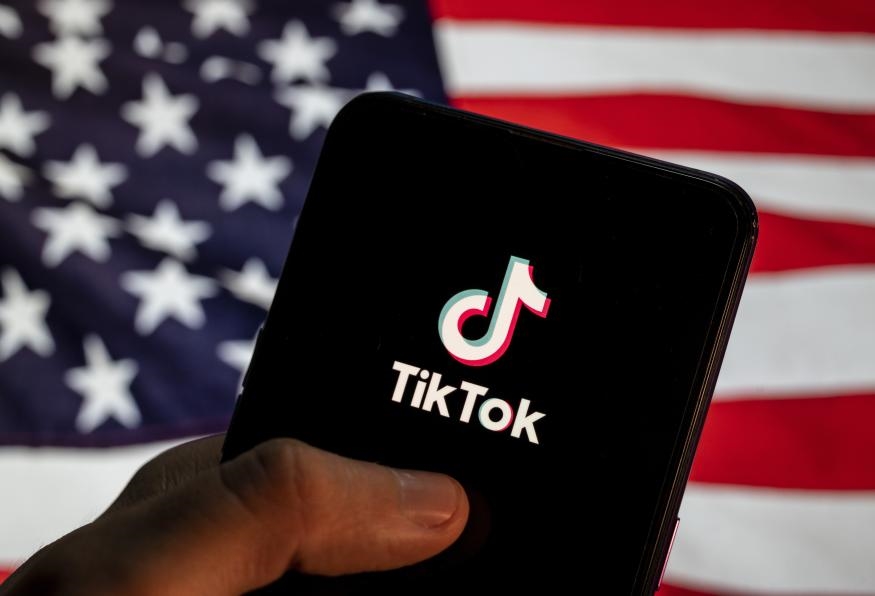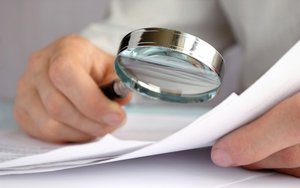TikTok will be banned on most US federal government devices

The Senate voted 68-29 to pass the bill on December 22nd. The House approved it on Friday with a vote of 225-201. On the same day, President Joe Biden signed a stopgap bill that funded the government for another week in order to avert a shutdown until the omnibus bill landed on his desk. Today, President Biden signed the bill into law.
The legislation requires the Biden administration to establish rules to remove TikTok from government devices by mid-February. The bill carved out exceptions for elected officials, congressional staff, law enforcement agents and other officials. However, the House of Representatives separately banned TikTok on devices it owns and manages.
Earlier this month, FBI Director Chris Wray warned that China could use the app (which is owned by Beijing-based company ByteDance) to collect data on users. Some attempts have been made, including in the last few weeks, to prohibit TikTok in the US entirely. Several states have banned TikTok from government devices, including Georgia, South Dakota, Maryland and Texas. Indiana has sued TikTok over alleged security and child safety issues.

TikTok has attempted to soothe US lawmakers’ concerns that the app could be used for spying purposes. Since June, it has been directing all traffic from the country to Oracle servers based domestically. TikTok and ByteDance said they’d delete US user data from their own servers in the US and Singapore. In August, Oracle began a review of TikTok’s algorithms and content moderation systems.
As Congress was voting on the bill, news broke that ByteDance fired four employees (two in the US and two in China) who accessed the TikTok data of US journalists. The workers were allegedly trying to find the sources of leaks to the reporters.
The omnibus bill includes other tech-related provisions, including more funding for federal antitrust officials. In addition, the package incorporates the Computers for Veterans and Students Act. This requires the government to hand over certain surplus computers to nonprofits. The systems will be repaired and/or refurbished, then distributed to schools, homeschooled students, veterans, seniors and others in need.
There’s also another $1.8 billion in new funding to implement the CHIPS and Science Act, which aims to boost domestic production of semiconductors. The omnibus bill earmarks $25.4 billion for NASA — 5.6 percent more than the agency received in fiscal year 2022, but less than the $26 billion the White House asked for. The National Science Foundation will get $9.9 billion, an increase of 12 percent. The National Institute of Standards and Technology and National Oceanic and Atmospheric Administration will receive increases of 32 percent (up to $1.6 billion) and 17.5 percent ($761 million), respectively.
(17)





